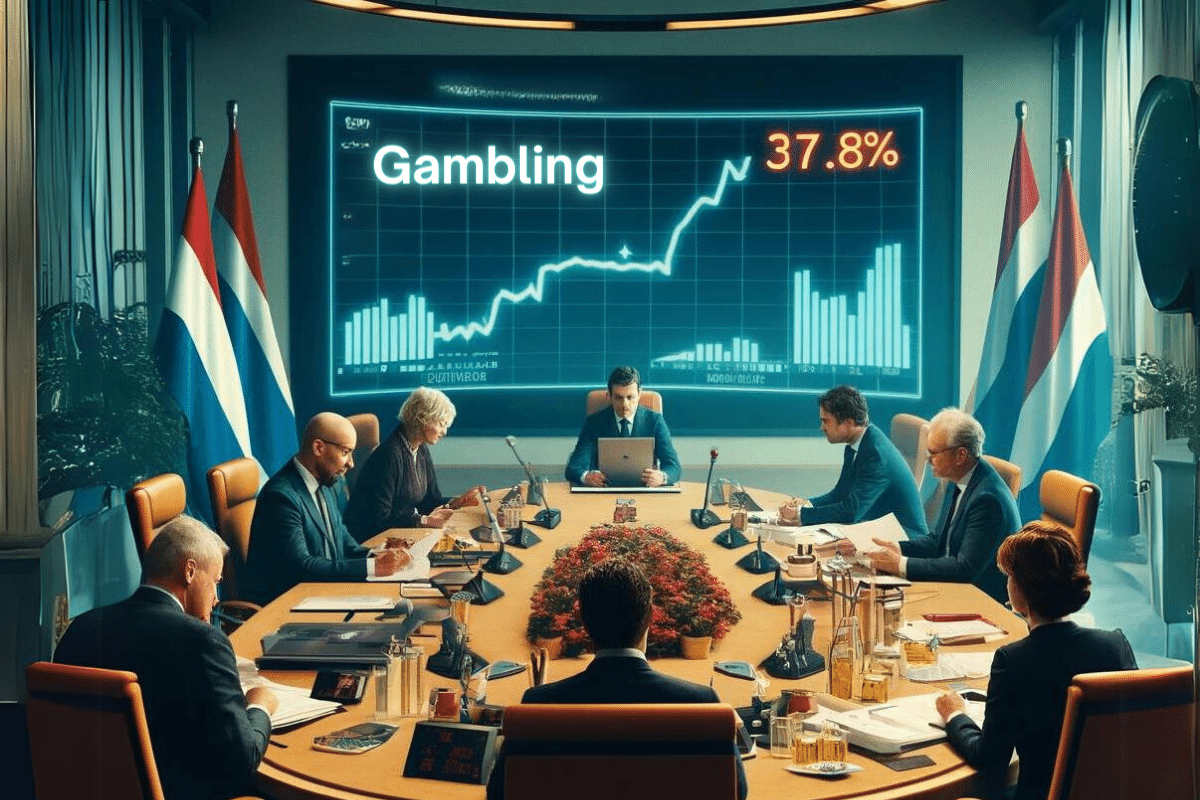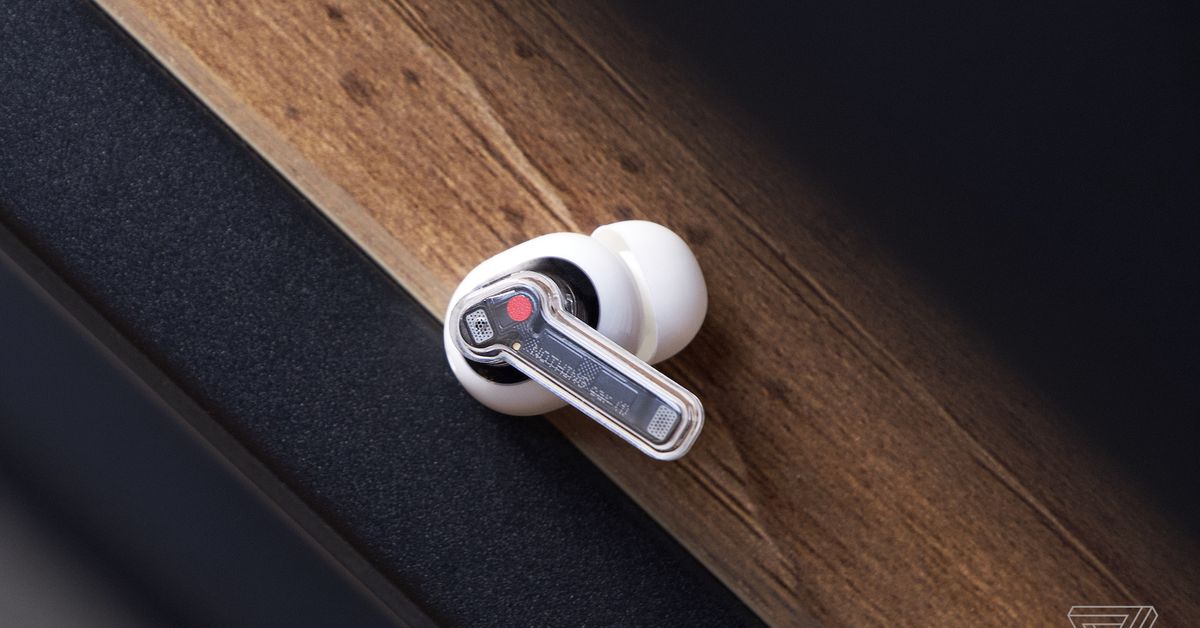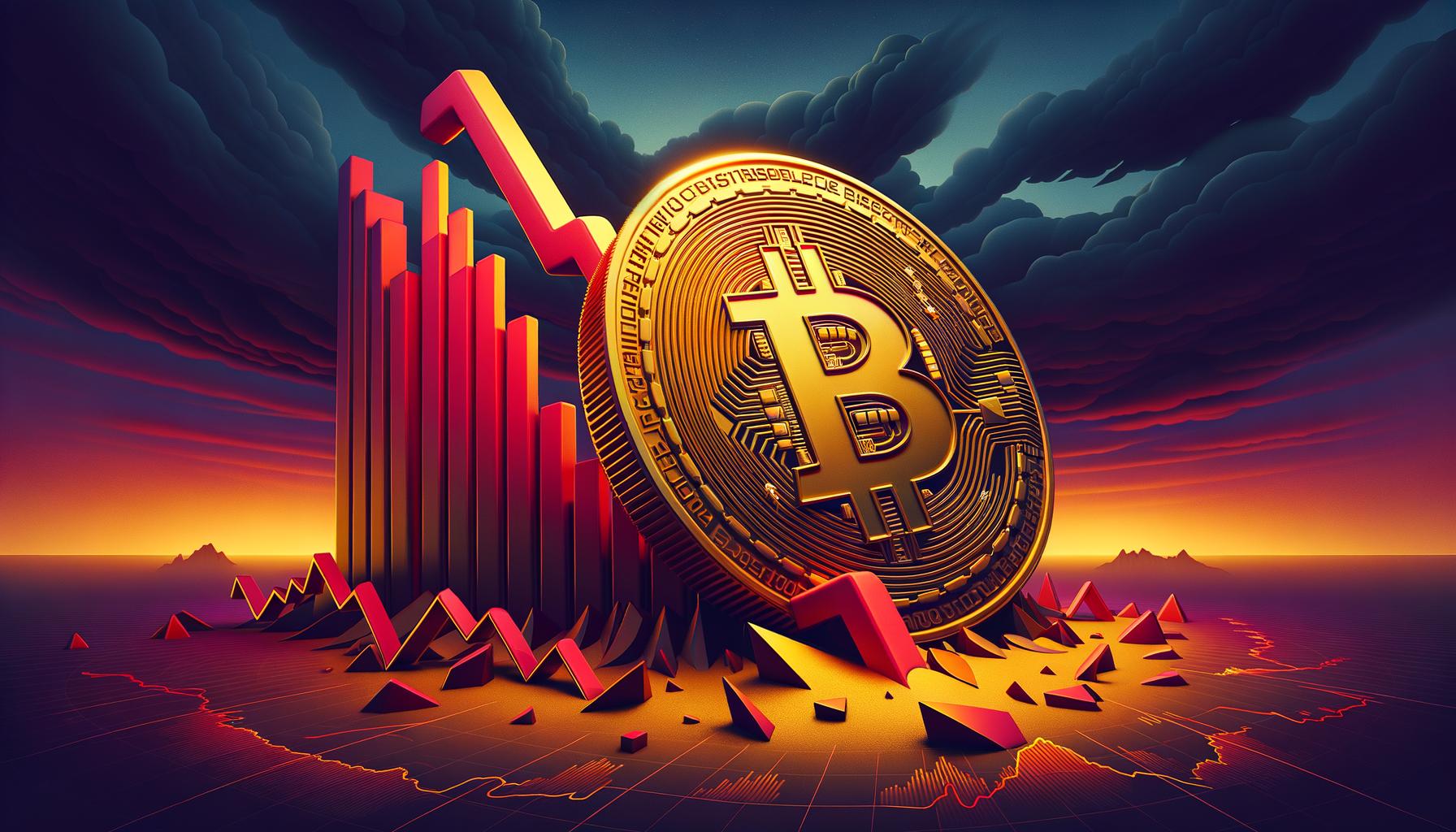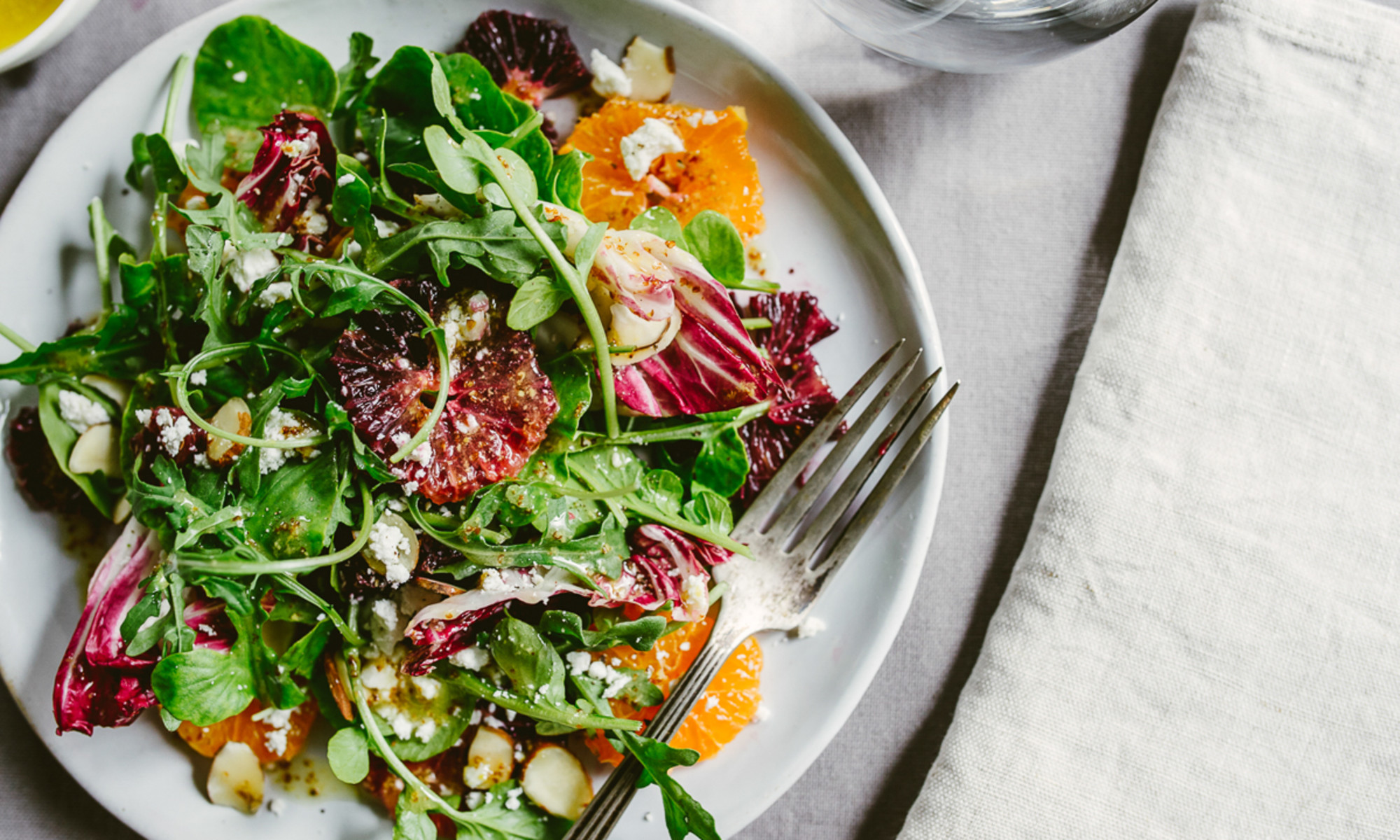Netherlands coalition government may hike gambling tax to 37.8%
A coalition agreement between four political parties in the Netherlands may raise the gambling tax to more than 35 per… Continue reading Netherlands coalition government may hike gambling tax to 37.8% The post Netherlands coalition government may hike gambling...

A coalition agreement between four political parties in the Netherlands may raise the gambling tax to more than 35 per cent.
According to the Netherlands-based news agency CasinoNieuws.nl, the budgetary appendix of the coalition agreement proposes an increase in the gambling tax in the country from 30.5 per cent to 37.8 per cent, depending on the agreement’s implementation. The increase would take effect from 2025.
This adjustment would bring an additional €202 million ($219.6 million) annually for the state treasury. The political parties involved in the agreement are the Party for Freedom (PVV), the People’s Party for Freedom and Democracy (VVD), the New Social Contract (NSC), and the Farmer–Citizen Movement (BBB).
The Dutch leader Geert Wilders agreed on the basis of his first right-wing coalition government on Wednesday (May 15), six months after his shock win of a quarter of parliamentary seats for his party PVV. However, he will not become the next Dutch prime minister, instead opting for an experimental ‘business government’ arrangement.
In November, seven parties aimed to raise an additional €200-400 million in state funds through a higher gambling tax.
The coalition agreement, named “Hope, Courage and Pride,” is scheduled to be unveiled today (16 May).
Ban on online gambling ads
In response to concerns about gambling, the Dutch House of Representatives voted to implement stringent bans on online gambling advertisements and what it categorizes as “high-risk” gambling activities, such as online slots.
Previously, the Netherlands had already prohibited untargeted gambling advertising. A new ban, effective from July 2023, extended these restrictions to include mass advertising through television, radio, and sports sponsorships. In 2024, the gambling tax had already been increased from 29.5 per cent to 30.5 per cent.
The House has now voted to completely ban online slots, prompted by worries about players’ inability to control the outcomes of these games. Socialist Party MP Michiel van Nispen spearheaded these legislative proposals.
While the House has approved these bans, their final implementation rests with Franc Weerwind, the Netherlands Minister for Legal Protection, who will review and decide on the legality of these changes.
The proposed bans have met with significant resistance from the gambling industry. The Netherlands Online Gambling Association (NOGA) argues that these restrictions might inadvertently push players towards unregulated black markets.
“A majority in the House of Representatives is taking an expensive gamble with online players who are now consciously opting for the legal offer,” De Goeij said.
“If we soon find that politicians have made the wrong decisions too hastily, the house will be responsible for the negative consequences.”
VAN Kansspelen heeft vol verbazing gereageerd op de plannen van het nieuwe kabinet om de kansspelbelasting te verhogen. De brancheorganisatie denkt dat een verhoging het einde betekent van de gereguleerde offline klein kansspelsector. https://t.co/axA7v2DZal
— CasinoNieuws.nl (@CasinoNieuws_nl) May 16, 2024
What does the rise in gambling tax mean for consumers in the Netherlands?
When someone wins a prize, gambling companies and lotteries take on the responsibility of paying the gambling tax, so the winner does not need to file a tax return for this. However, if the winnings are particularly large, the winner may be liable to pay wealth tax on them at a later date.
Featured image: Canva

 Aliver
Aliver 































